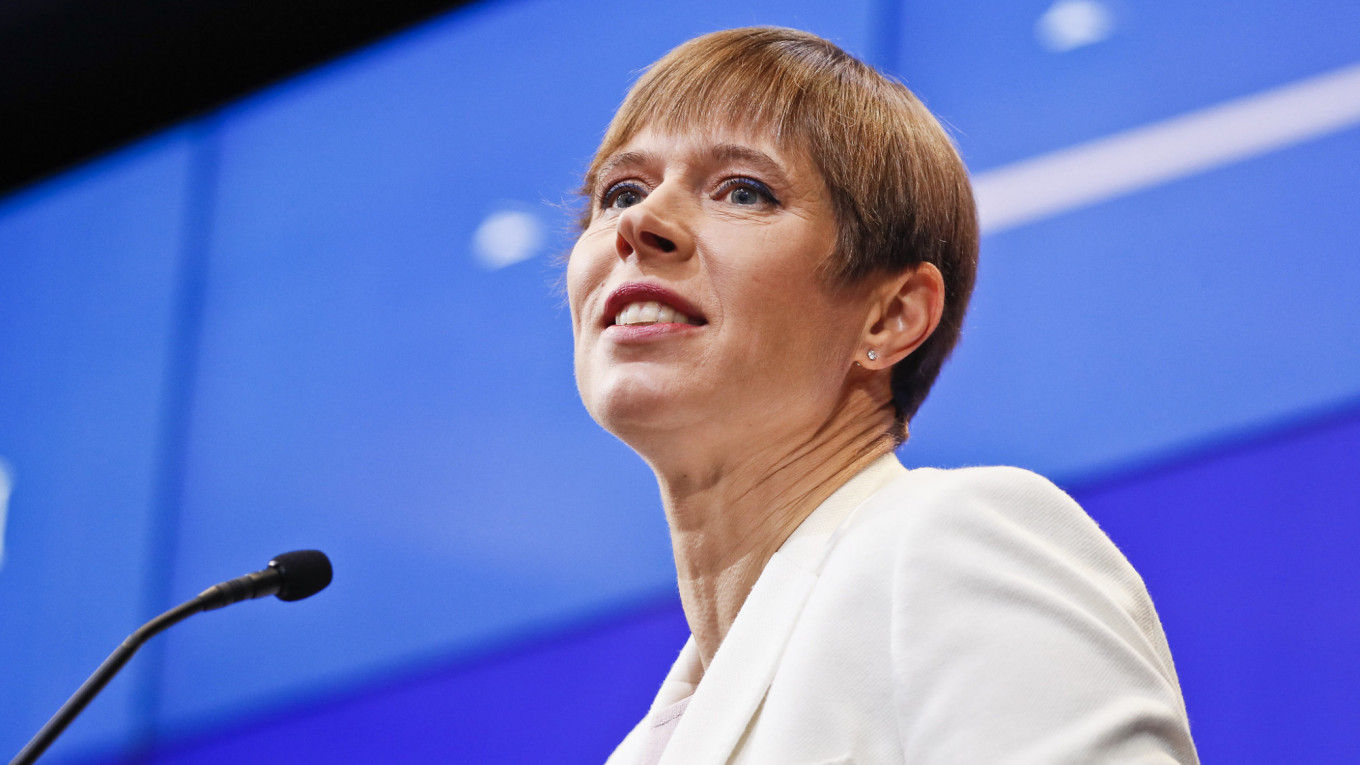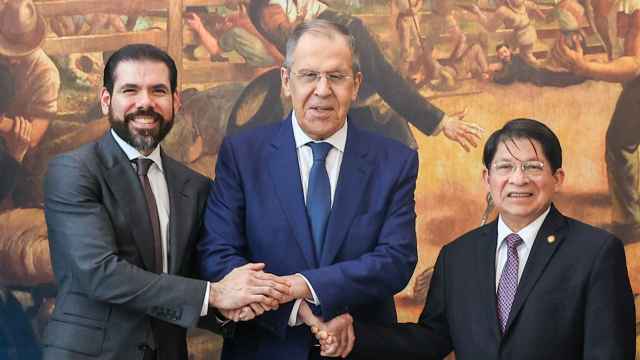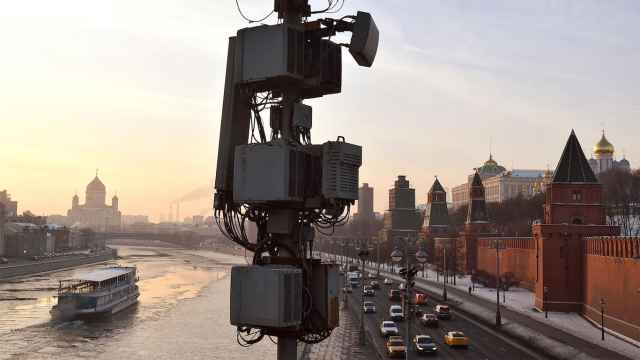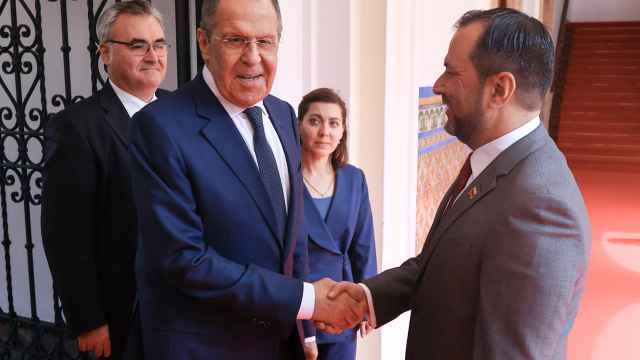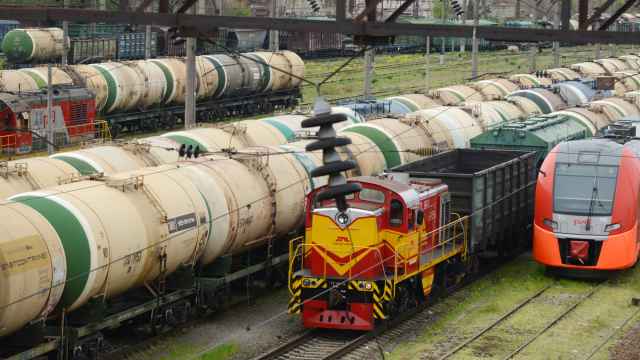The almost decade-long hiatus in high-level meetings between Baltic presidents and Russia’s Vladimir Putin is set to end this week.
Estonia, Latvia and Lithuania — home to sizable Russian-speaking minorities — have had an uneasy relationship with the Kremlin since communism collapsed. Putin’s annexation of Crimea from nearby Ukraine in 2014 and the ensuing military conflict further spooked a region that was once an unwilling part of the USSR and is now part of the European Union, the euro area and NATO.
Friendship won’t be blossoming any time soon — the three countries are among the staunchest backers of EU sanctions against Russia over Ukraine.
But a meeting Thursday in Moscow between Estonian President Kersti Kaljulaid and Putin marks a slight improvement in tone.
“I’d rather be at the table than on the menu,” she told a news conference this month.
While the agenda isn’t public, Kaljulaid may ask Russia not to obstruct Estonia’s bid for a non-permanent seat on the United Nations Security Council, to be decided in June. She’s also said she wants to discuss the conflicts in Ukraine and Georgia.
Elsewhere, Estonia is the only NATO member without a ratified border treaty with Russia. The two neighbors quarreled in 2014 when Estonia accused Russia of swiping a security-service agent from its side of the dividing line, an allegation the Kremlin denied. Complicating matters is a new Estonian government. Two of the likely coalition’s three parties oppose ratification, saying it involves territorial concessions.
Plus there’s lingering animosity over the 2007 decision to move a Soviet-era monument in Tallinn. Estonia subsequently suffered street riots and its worst-ever cyber attack. Russia denies responsibility.
This week’s meeting “certainly has wider significance for the Baltic states,” said Viacheslav Morozov, a professor of EU-Russia studies at Tartu University. “It might open the way toward a more structured and open dialogue on security issues, though I wouldn’t exaggerate its potential.”
Putin’s last meeting with a Baltic head of state was in 2010 when, as prime minister, he sat down with Lithuania’s Dalia Grybauskaite in Helsinki. The last official meeting between Baltic and Russian presidents also came that year, when Latvia’s Valdis Zatlers met Dmitry Medvedev in Moscow.
Kaljulaid’s predecessor, Toomas Ilves, met Medvedev while visiting Russia in 2008. This time, Kaljulaid is ignoring the fears of some lawmakers at home in pursuit of a more open dialogue.
A Message from The Moscow Times:
Dear readers,
We are facing unprecedented challenges. Russia's Prosecutor General's Office has designated The Moscow Times as an "undesirable" organization, criminalizing our work and putting our staff at risk of prosecution. This follows our earlier unjust labeling as a "foreign agent."
These actions are direct attempts to silence independent journalism in Russia. The authorities claim our work "discredits the decisions of the Russian leadership." We see things differently: we strive to provide accurate, unbiased reporting on Russia.
We, the journalists of The Moscow Times, refuse to be silenced. But to continue our work, we need your help.
Your support, no matter how small, makes a world of difference. If you can, please support us monthly starting from just $2. It's quick to set up, and every contribution makes a significant impact.
By supporting The Moscow Times, you're defending open, independent journalism in the face of repression. Thank you for standing with us.
Remind me later.


